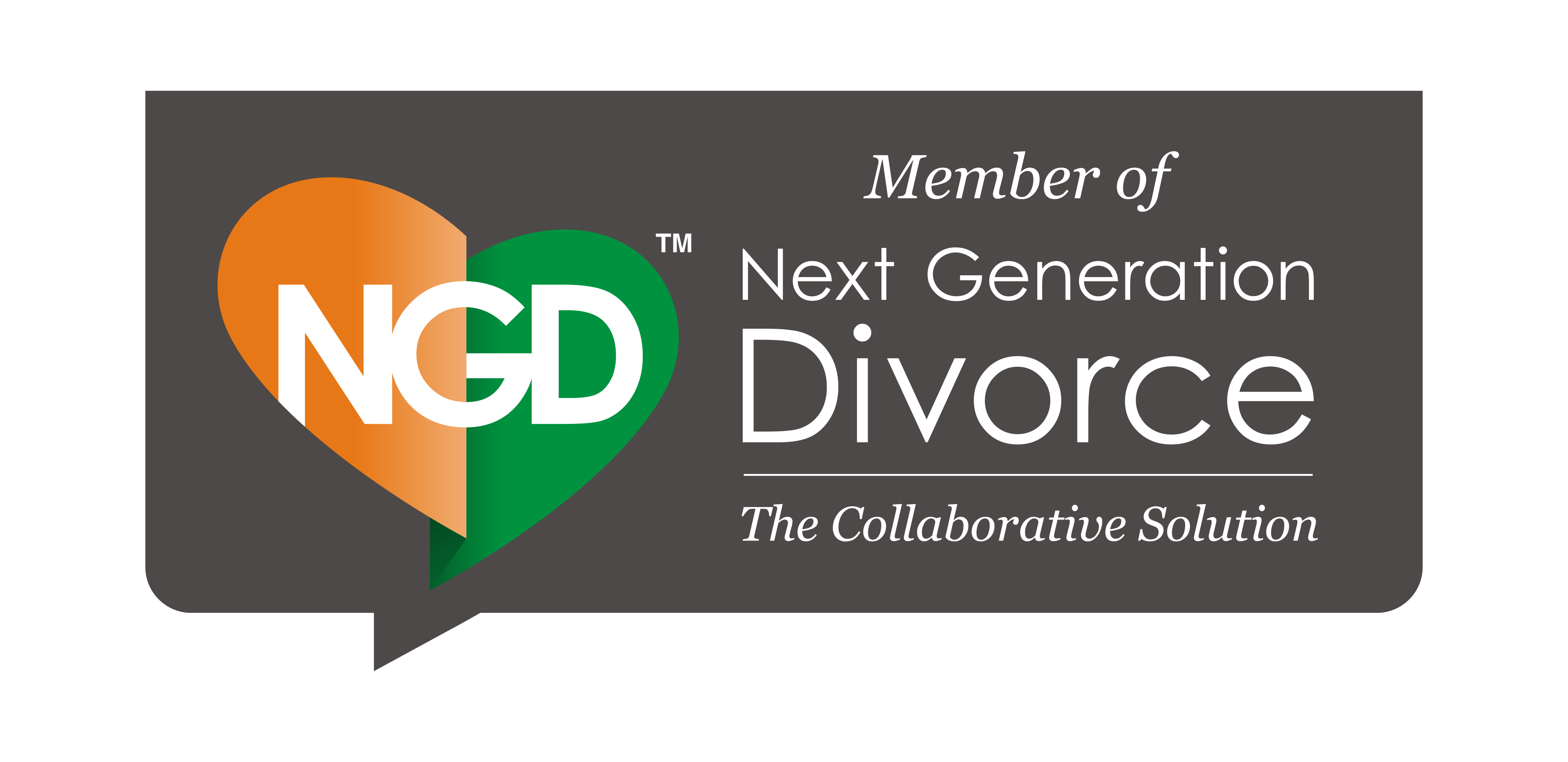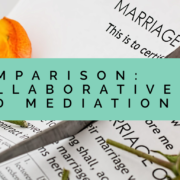I recently came across an article on how alimony is awarded in different states. The article, titled “A Survey of Lawyers’ Observations About the Principles Governing the Award of Spousal Support Throughout the United States,” was written by J. Thomas Oldham of the University of Houston Law Center. Here is the abstract:
Abstract
At the beginning of this project, I distributed 5000 questionnaires to family lawyers around the country. I asked the lawyers to respond by estimating the spousal support award, if any, that would result for six hypothetical divorcing couples in their jurisdiction. While the response rate was not great, the responses received suggest that there are three different types of spousal support systems in the U. S. today. In some states, spousal support is rarely awarded, and then only to prevent severe hardship. In others, spousal support is frequently awarded when the spouses’ incomes are substantially different at divorce. In most states, however, it appears that there is no clear spousal support policy, and the award, if any, in any given case is the result of which judge is assigned to hear the matter. In these states, spousal support determinations appear to be arbitrary. I have included as an appendix to my article a summary of the responses.
Some states have responded to this lack of clarity regarding spousal support standards by adopting guidelines. These guidelines attempt to provide more uniformity in terms of award amounts and award duration. To date, they have not attempted to provide guidance regarding when a spousal support award is warranted. In this article, I discuss how spousal support standards could be clarified in those states where there appears to be no clearly accepted policy.
I would say that Florida falls into the last category: there are no alimony guidelines, and the amount you might receive or pay is highly dependent on the whims of the judge you are in front of.
That is, if you let the judge decide the amount of alimony.
You Can Be Your Own Judge
More and more families are coming to realize that going through a court battle is, in most cases, the worst possible way to divorce. If you choose a private form of dispute resolution, such as the Collaborative Process, you and your spouse will have the final say on the amount of any alimony.
In the Collaborative Process, you and your spouse each have separate attorneys to guide you. However, the attorneys are not there for opposition research or to prepare for trial; rather, they are there solely for the purpose of helping you reach an out-of-court agreement. This means that no time, energy, or money is spent fighting in court.
Oftentimes, a neutral financial professional will help you and your spouse develop and analyze financial options that work best for your family. The financial neutral can do a lifestyle analysis to determine what has been spent in the past and where there might be efficiencies that can be created in a spouse’s cash flow. The financial professional will oftentimes also look into whether there are tax loopholes that might allow the family to enlarge their proverbial pie.
So do your family and your future a favor and consider the Collaborative Family Law Process.
Adam B. Cordover is co-author of an upcoming American Bar Association book on Collaborative Divorce. Further, Adam trains attorneys, mental health professional, financial professionals, and mediators in the Collaborative Process throughout Florida and the U.S.











